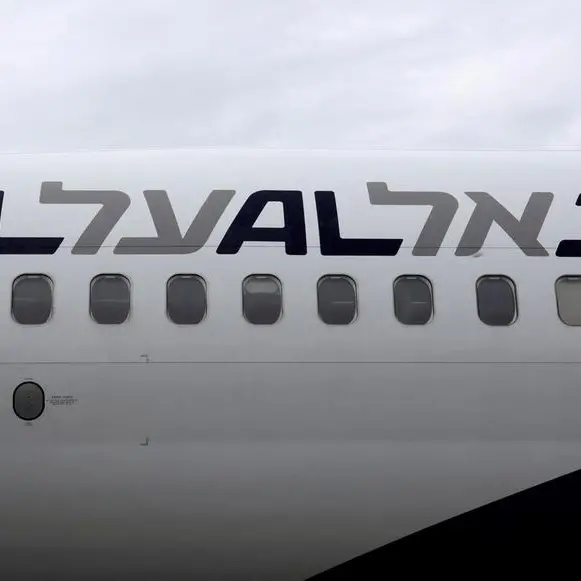“I had this story about a salon that was recruiting Palestinian girls to work for the occupation’s secret service by putting them in a shameful situation and blackmailing them,” Abu-Assad told Arab News.
“It was in the newspapers, and I was struck by it. It stayed in my mind. Two years ago, my wife wanted to explore something about women in Palestine, and I told her about this idea,” he recalled. “She asked me what the story was, and I didn’t know. So, we slept on it. Then I woke up at 4 a.m. and started to write. During the night, my head must have been working on it.”
“Huda’s Salon” is the taut, character-driven story of Reem, a young mother who visits a Bethlehem business for a haircut and winds up trapped by the salon’s owner, Huda, unless she agrees to spy for the occupation. At the same time, Abu-Assad’s film focuses on Huda’s interrogation by Hasan, who begins to comprehend the gravity of the impossible situation faced by a woman equally trapped by the shame of her past actions.
Abu-Assad is a director equally at home with documentary, biographical and fiction moviemaking, but “Huda’s Salon,” he explained, could only have been made as a story.
“A documentary would have been impossible. I don’t think victims would want to talk to me because of the troubles they would still face if they did so. And, for sure, the secret service isn’t going to talk about it,” he explained. “In fact, one of the only victims who came forward, 15 or 20 years ago, wrote a letter and then committed suicide. So, a fictional story was the only way.
“But the way I shot the film was like a documentary,” he continued. “Most of the scenes are in one shot, where the audience feels like they are trapped in the same time and place as the characters. We walk with the characters, we sit with them. When there are no edits, you are living at the same time as them, second by second. You are almost a mirror for them. And it’s shot with a handheld, too, which adds to that impression.”
In order to pull off such a feat, Abu-Assad needed actors he could trust to control the scenes, who were capable of driving the story for the audience to follow. To that end, the director wrote the parts for actors he had worked with before: Maisa Abd Elhadi (Reem), Manal Awad (Huda) and Ali Suliman (Hasan).
“I called them all after I had the story but before I started the script,” he explained. “I told them the idea and that I wouldn’t write it unless they participated — especially Maisa, because she needed to be vulnerable, not only physically but emotionally. You need brave actors to do that.”
The close-up, often claustrophobic nature of the movie is a world away from Abu-Assad’s previous film, 2017’s “The Mountain Between Us” starring Idris Elba and Kate Winslet. But it is in line with his commitment to selecting projects that challenge — and scare — him.
“This is why I love it. Without challenge, I can’t do this job. It’s hard, but I’ve always challenged myself to go to extremes and discover new things. I don’t want to do another version of previous films ‘Paradise Now’ or ‘Omar.’ I have to come up with something new, and I might fail, but at least I will learn.”
“Huda’s Salon” was suitably new, challenging and scary for Abu-Assad.
“To do an entire movie in two locations, with three characters, almost always in one shot, with a handheld — which I’d never done before — was certainly a learning process. You have no idea if it’s going to work, if a shot will work in favor of the story or of the characters,” he said. “But otherwise, you work on automatic pilot. You know what’s going to happen because you’ve done it before, and you know what mistakes you’ve made, so you don’t make them again. It becomes boring.”
Up next for Abu-Assad — and part of the reason for his involvement in the Red Sea International Film Festival — is a desire to continue challenging himself and learning.
“For the last eight years, I have been working with my wife, and we’re excited to explore working in the Arab World, in Saudi Arabia and Egypt, to widen our borders beyond Palestine. We have several ideas, and we want to explore them with producers from the Arab World. I can’t wait.”
Copyright: Arab News © 2021 All rights reserved. Provided by SyndiGate Media Inc. (Syndigate.info).




















